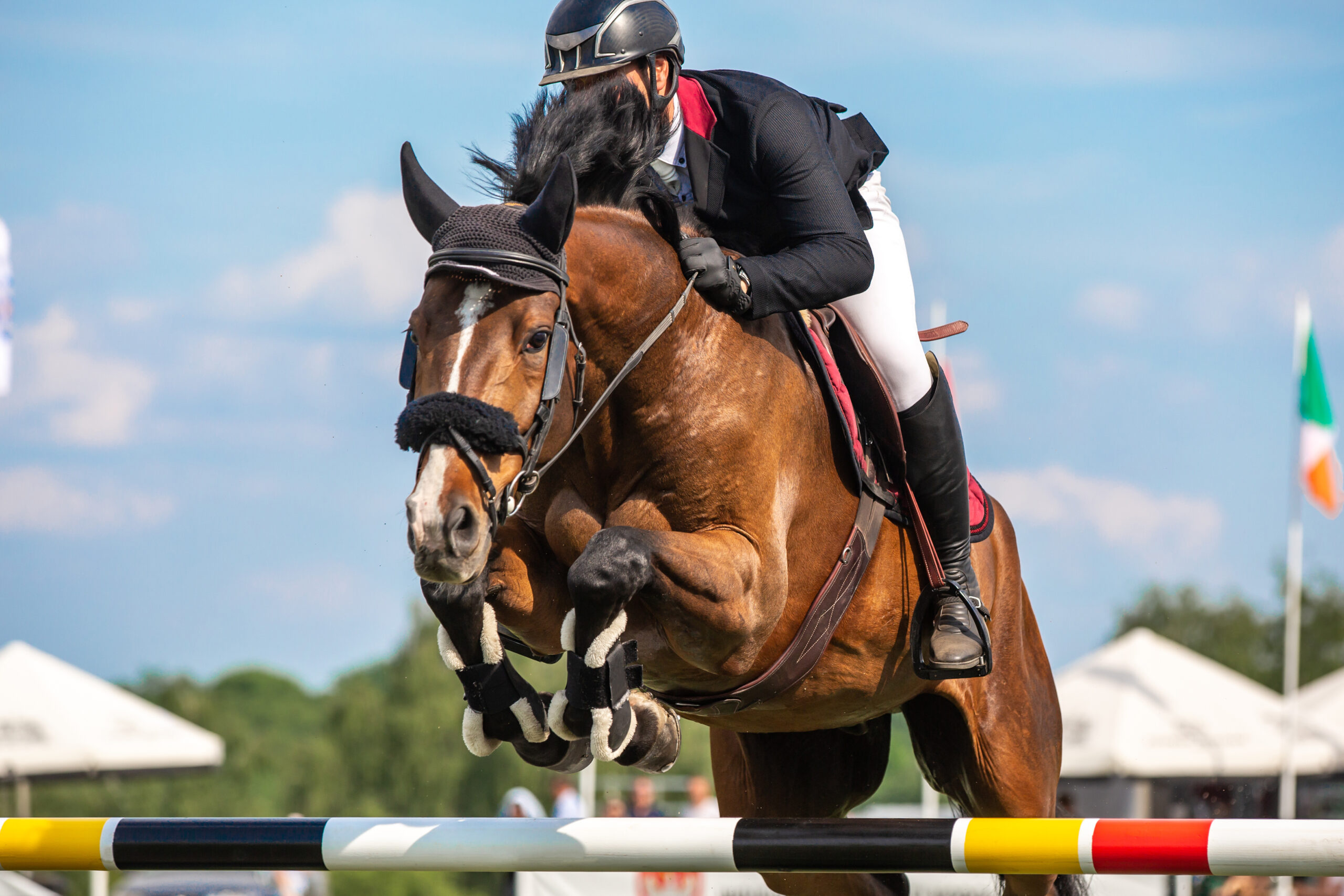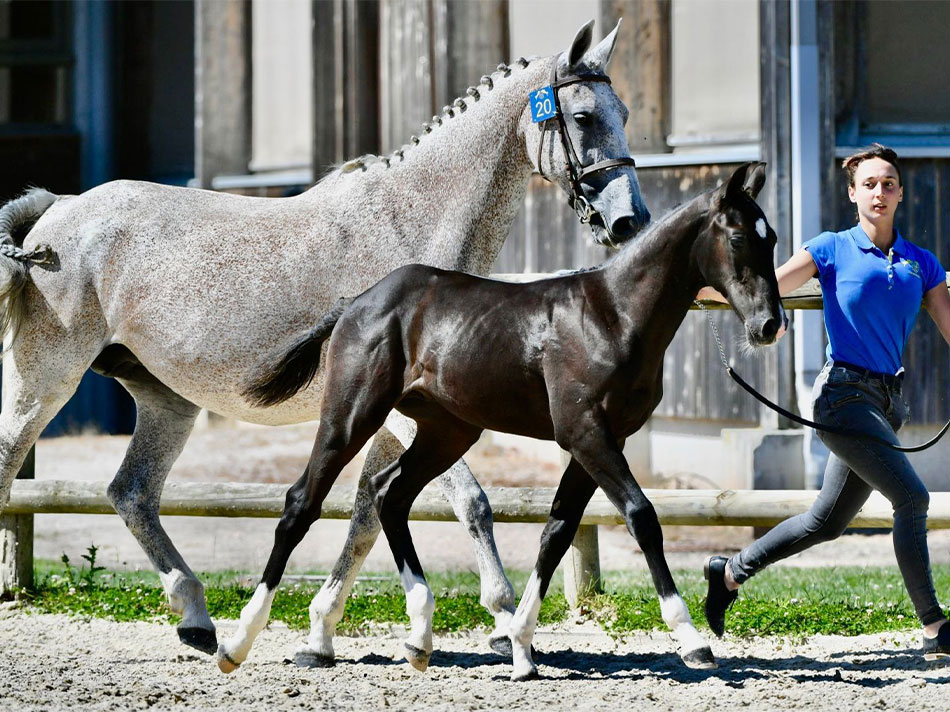- Accueil
- Buying and leasing property for equestrian activities in France
Buying and leasing property for equestrian activities in France
Buying and leasing property and real estate is often essential when developing an equestrian business: horses need land to roam, and professionals need correct schooling installations to work horses.
Dealing with real estate and property in France is subject to diverse regulations.
- Purchasing equestrian property in France
Once equestrian real estate has been visited and a decision has been made to purchase the property, the buyer and the seller sign a pre-sale purchase act, especially when the sale is agreed upon pending the realisation of condition precedent related to financing and eventual pre-emptive rights.
This pre-purchase act can be signed either at the Notary’s office or with an estate agent.
It has several different formats and can be drafted as a promise to sell, a promise to purchase or mutual promise to purchase and sell. The seller may require the purchaser to deposit a certain percentage of sales price into escrow for security.
The pre-purchase act shall also define a closing date which is a maximum of three months following the signing of this pre-purchase act.
The final property act of sale must be signed before the notary as it is the unique and official French authority authorised to handle property and real estate transactions.
- Leasing equestrian property in France
There are three main types of property lease which can be used to rent equestrian property in France. Each type of lease provides more or less protection to the tenant by framing the termination modalities and rent increase.
The first type of lease is a simple premises provision agreement by which parties can agree to rent property and make their own rules on rent, term, and termination periods. It is classically the type of lease agreement used to rent yards or a group of stables. In the same way, sub-letting agreements can also be entered in similar conditions.
Second, there is the commercial lease which is also called the “3,6,9 lease” as it a nine-year lease which can only be terminated at the end of each three-year period. The commercial lease provides great stability to the tenant as, in addition to the three-year termination rules, the property owner must pay an indemnity eviction based on the turnover generated by the equestrian activity. Finally, rent increases are strictly curved by law.
Commercial leases can be used by equestrians exercising commercial activities such buying and selling of equestrian articles, consultancy agencies or horse dealing.
Finally, the rural lease which must be used when leasing property for agricultural activities. As discussed previously, most equestrian activities are agricultural activities and therefore fall under the rural lease rules. Rural leases are extremely protective of tenants’ rights with strict termination conditions and rental prices determined by French decree.
It is highly recommended to take professional advice when entering a commercial or rental lease to understand the extent of each parties’ rights and obligations.



